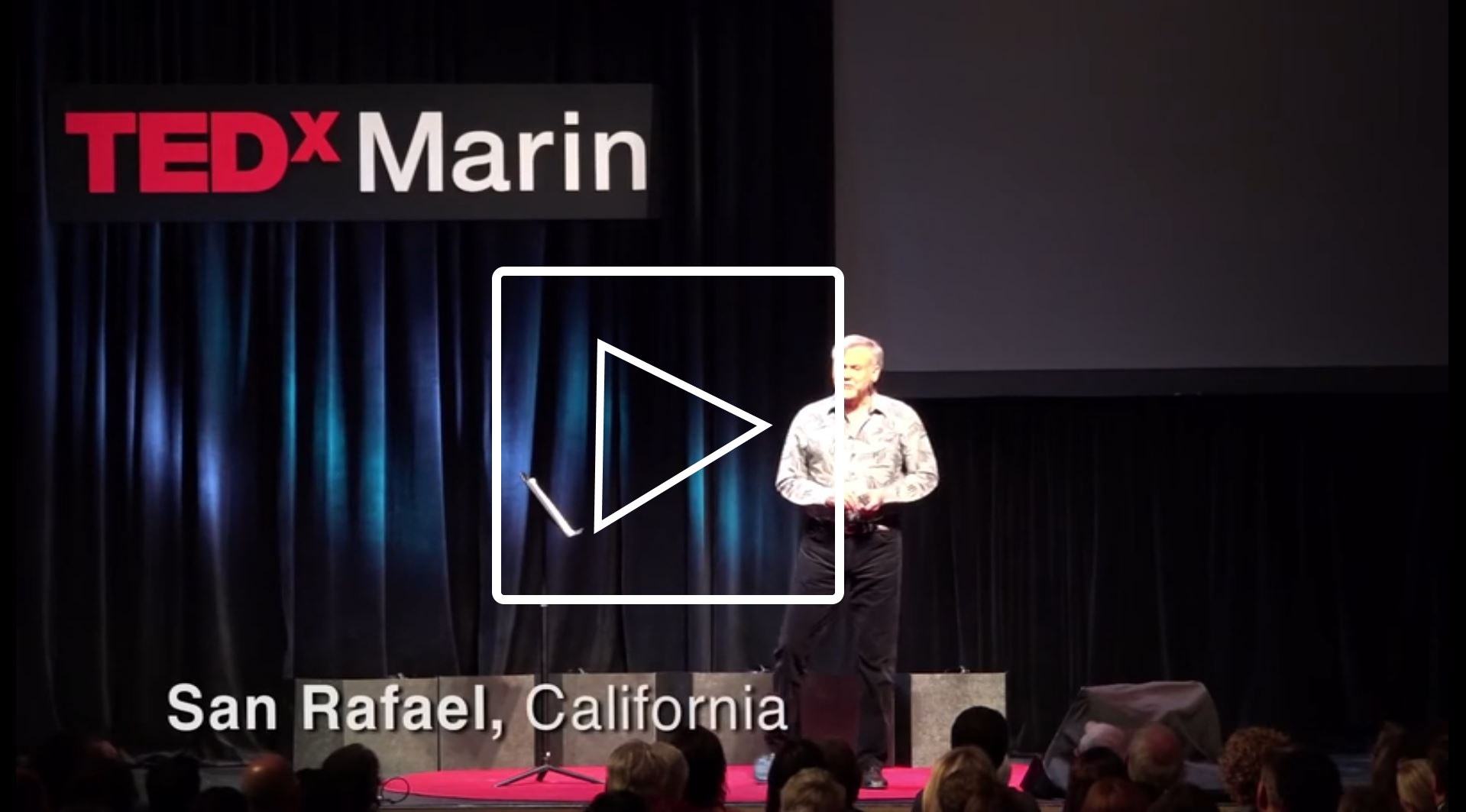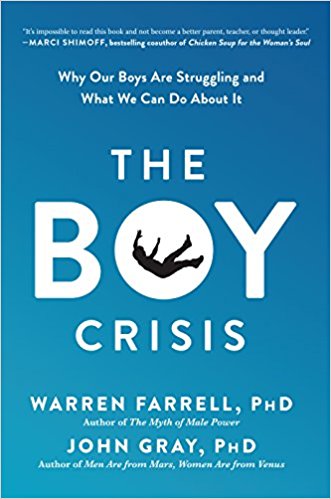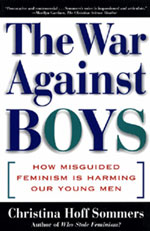Court rules lesbians can be co-mothers
Ontario given 12 months to change law
Both women's names to appear on birth record
The Toronto Star, TRACEY TYLER, LEGAL AFFAIRS, REPORTER, June 7, 2006.
A judge has given the Ontario government 12 months to change a law that prevents both partners in a lesbian relationship from being registered as parents on their child's birth record.
The birth registry provisions of the Vital Statistics Act discriminate against lesbian "co-mothers" on the basis of sex and infringe their right to equality under the Charter of Rights and Freedoms, Justice Paul Rivard of the Superior Court of Justice said in a ruling released yesterday.
There is some evidence the provincial government has been "targeting" lesbian co-mothers for exclusion from Ontario's 137-year-old birth registration system, he said.
Rivard was ruling on an application by four lesbian couples whose attempts to have both partner's names registered as parents on the official birth records of their children were refused by Ontario's deputy registrar.
Their children were conceived through the use of anonymous sperm donors. Although the non-biological mother could be declared a parent if she adopts her partner's child, some found the notion of being required to adopt their own children "immoral."
Evidence in the case "reveals a lot of pain" on the part of lesbian mothers who have not been able to register as their child's parents, Rivard said. For their children, it perpetuates the idea there is something wrong with their families, he added, citing the testimony from one of the couple's daughter.
"I just want my family to be accepted and included, just like everybody else's family."
There are also practical considerations, he said. Those not officially registered as parents may have difficulty obtaining medical treatment or a passport for their child or travelling with them outside the country.
A birth registration is "the foundational document" for every person, and is the basis for obtaining a birth certificate, said lawyer Martha McCarthy, who represented the women.
The current birth registration form, which must be completed within 30 days of a child's birth, allows for the name of one mother and one father. The government said the purpose is to establish a quick and accurate registration of a child's parentage, absent a court order.
But the process is clearly outdated, particularly with the advent of reproductive technology, Rivard said. Evidence showed the government makes no effort to stop non-biological fathers from being registered as parents of children conceived with anonymous sperm donors.
Anonymous egg donors also aren't listed as parents. The court heard expert evidence from John Waye, head of molecular diagnostic genetics at McMaster University, who said the birth registration system doesn't serve as a reliable record of biological parentage.
During the court proceedings, Rivard issued a declaration under the Children's Law Reform Act that each of the co-mothers in the case are the parents of their respective children.
His ruling could be seen as conflicting with a decision by a London, Ont., judge who refused to make a similar declaration in a case involving two lesbian mothers and a father. The Ontario Court of Appeal is scheduled to hear an appeal of that decision in September.
McCarthy said the women in her case may seek to intervene in the appeal.






